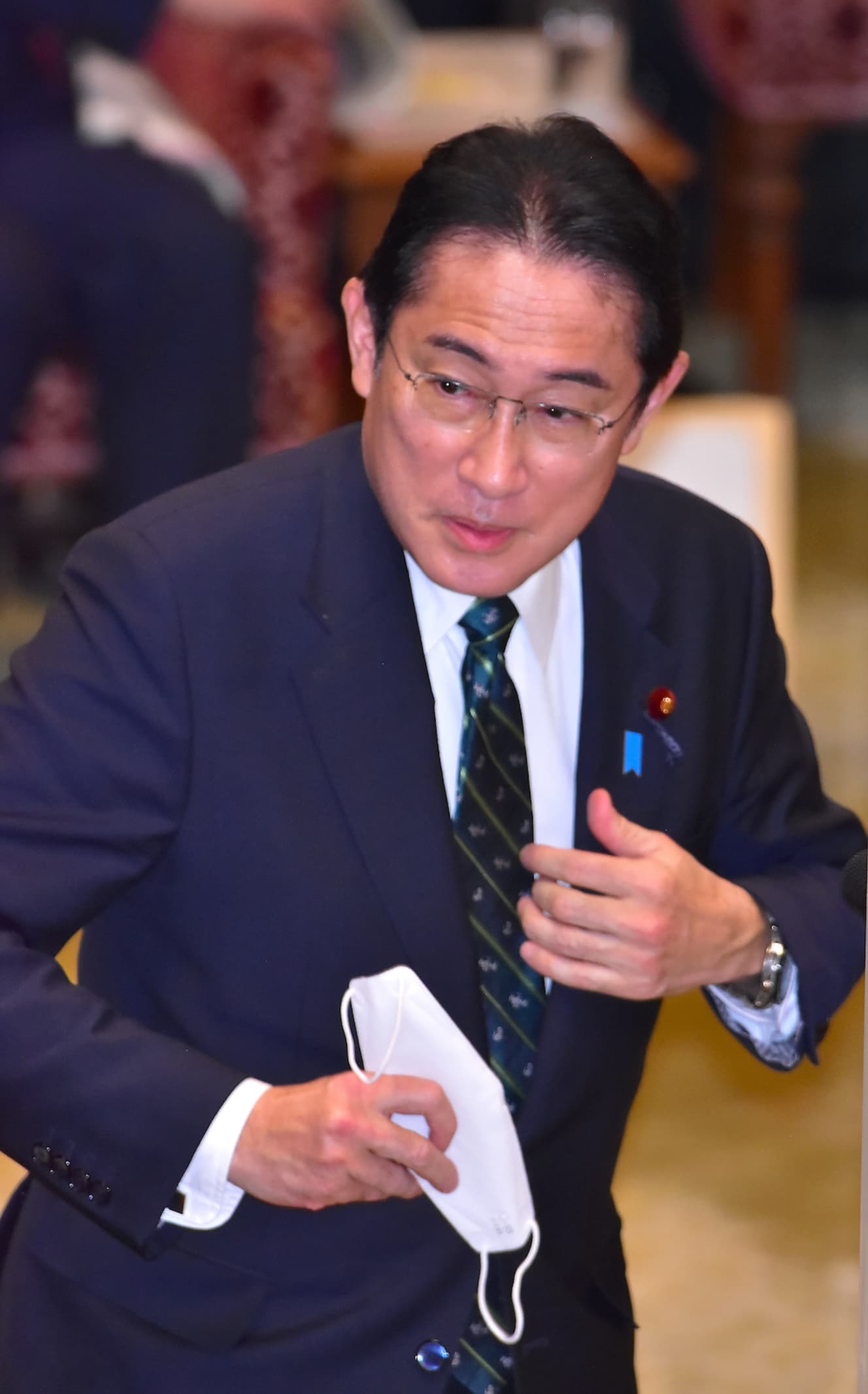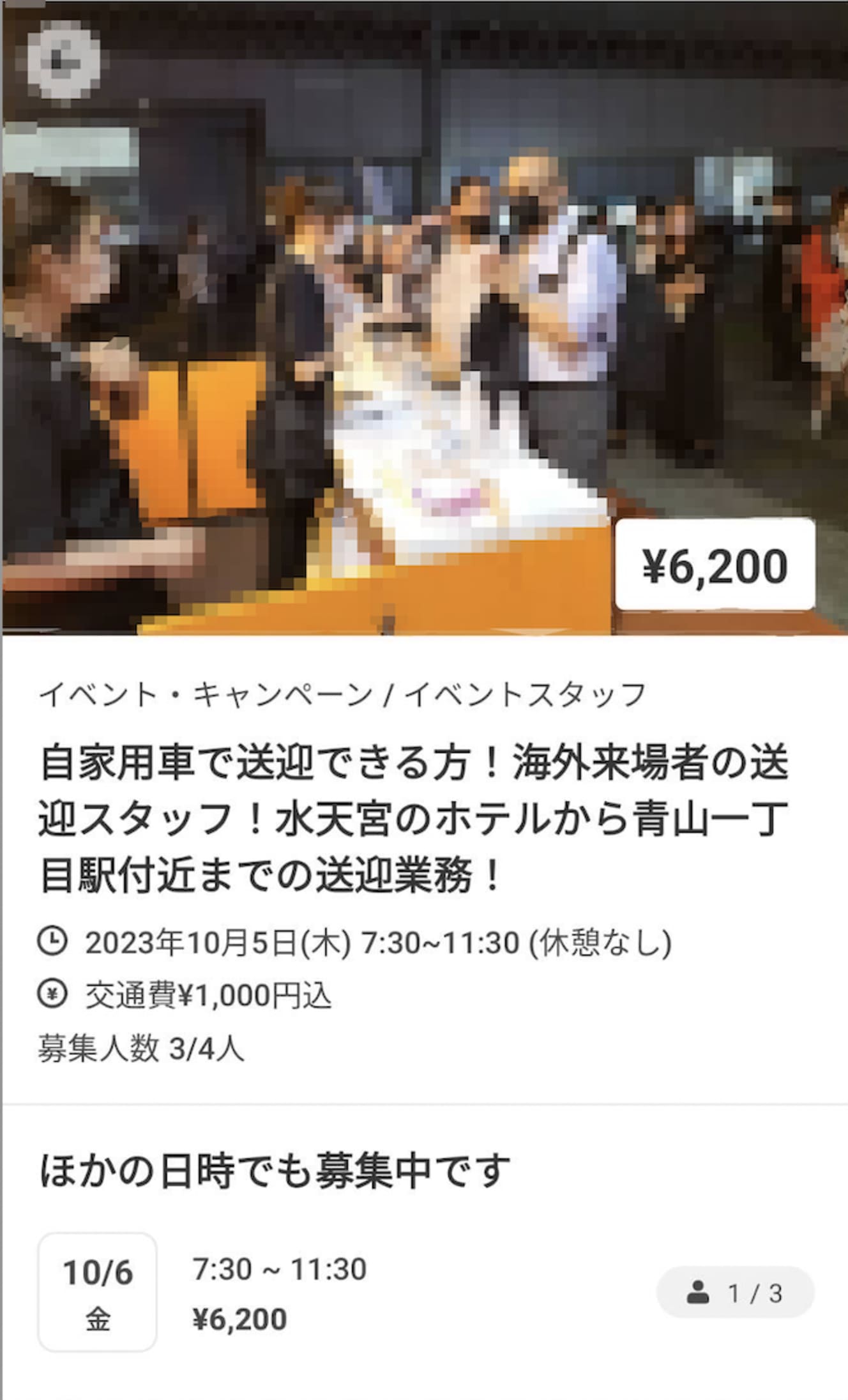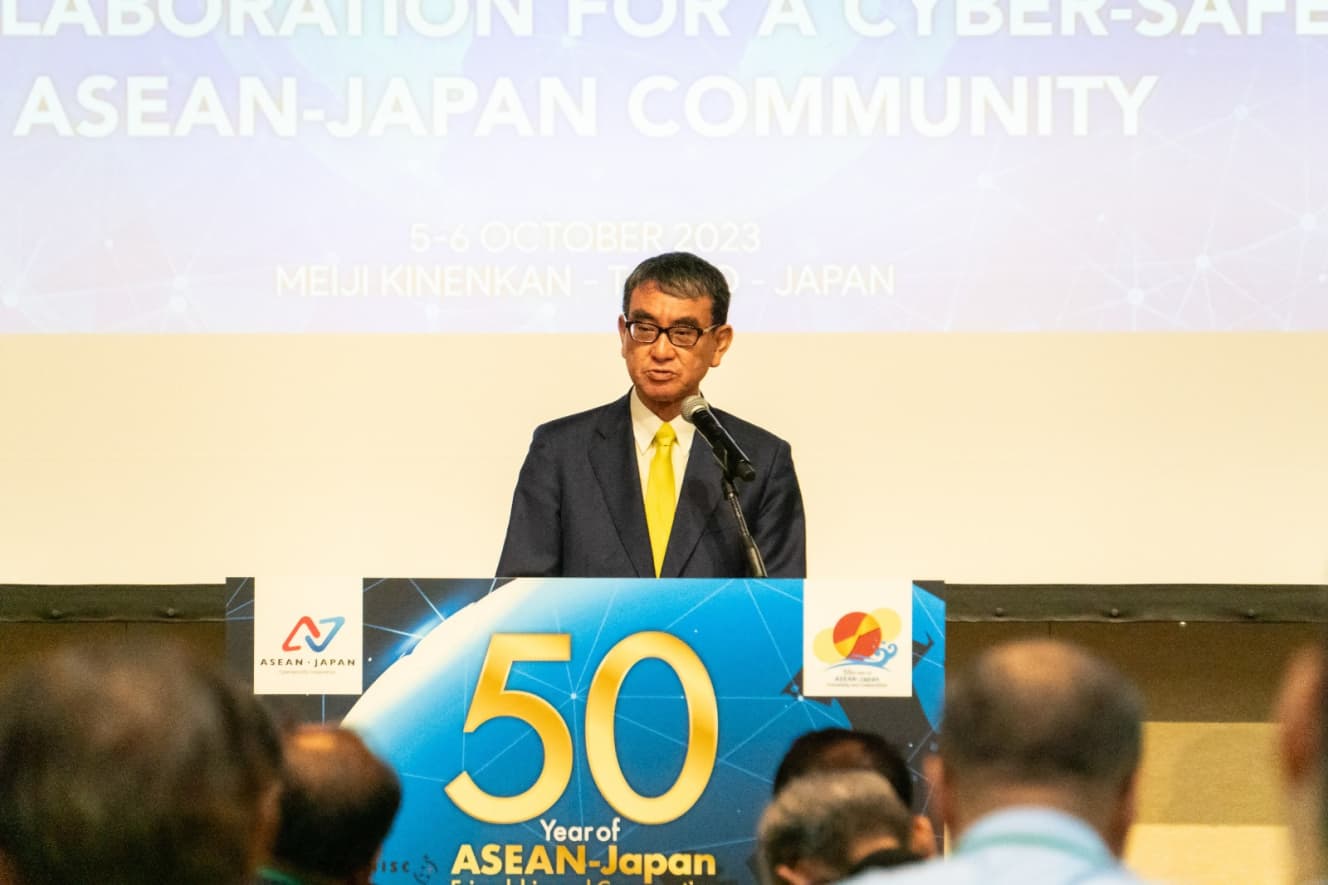The Truth Behind the Allegations of “White Taxi Transportation” of Foreign Dignitaries that Surfaced at the ASEAN International Conference
 Prime Minister Kishida is pushing for “ride-sharing.” However, various problems have been pointed out even within his own party.
Prime Minister Kishida is pushing for “ride-sharing.” However, various problems have been pointed out even within his own party.“We will address the issue of ridesharing while addressing serious social problems such as the lack of local transportation providers and the shortage of transportation facilities.”
In his policy speech, Prime Minister Fumio Kishida (66) made a strong statement regarding the introduction of “ridesharing” which refers to the practice of “paid transportation by ordinary drivers in private cars”. Ridesharing is becoming popular overseas, but in Japan, the Road Transport Law prohibits the use of private cars to provide paid transportation. It is treated in the same way as “white taxis,” which are unlicensed cab drivers. The introduction of this system has been the subject of much debate within the Liberal Democratic Party (LDP), with the Taxi & Hire Association of Diet Members expressing firm opposition, saying that it is problematic from the standpoint of safety and other issues.
In the midst of this debate, our investigations led to the discovery that a similar practice to “white-collar taxiing” was taking place at an international conference sponsored by the government. The job was advertised on an Internet job site as “staff to transport overseas visitors by private car”
The international conference was the “ASEAN-Japan Public-Private Joint Forum on Cyber Security,” held at the Meiji Kinenkan in Tokyo on October 5-6. It was organized by the Cabinet Cyber Security Center. The event commemorated the 50th anniversary of friendship and cooperation with the Association of Southeast Asian Nations (ASEAN), and was attended by public and private organizations working on cyber countermeasures from nine countries, including Japan. Digital Minister Taro Kono (60) also attended the forum, where a memorandum of understanding was signed to strengthen cooperation between Japan and ASEAN countries in cyber countermeasures.
During the forum, an online job site advertised for people to pick up and drop off overseas visitors from their hotels to the venue and from the hotels to Haneda Airport and other destinations.

“Some people must have applied for the job without knowing that it was likely to be a “white-taxi act”. I don’t think this is an issue that can be left as it is.” Mr. A, who applied for the alleged job, said.
According to Article 78 of the Road Transport Law, the number of drivers who are not allowed to use a taxi is 2,000 or more. It is also prohibited in principle for “ordinary drivers without a type 2 driver’s license to provide transportation for a fee”. When we asked him about it, he suddenly showed us a picture (see above).
“6,200 yen for a person who can pick up and drop off visitors by his/her own car! Staff members who pick up and drop off overseas visitors! From the hotel in Suitengu Pick-up to the vicinity of Aoyama-itchome station! Thursday, October 5, 2023, 7:30 – 11:30 Transportation fee of ¥1,000 is included. (*The same conditions apply for the next day, October 6, 2023. Hours are 9:00-12:00 ¥4,900 with transportation fee of ¥1,000. (The next day, October 6, the same job offer was made with the same conditions.)”
The job opening was also written in a scribbled form on another photo.
“The job description is also written as follows: “¥6,200 for those who can pick up and drop off visitors by their own car! Transportation staff for overseas visitors! Transportation service from hotels in Suitengu to Haneda Airport! Saturday, October 7, 2023, 11:00-15:00, Transportation fee of ³,000 included.””
Mr. A tells us, “I found this job in late September. I found it on the website of T, a major online recruiting company that I use regularly. The company was an event contracting company in Saitama Prefecture.”
“The company was looking for a photographer to take documentary photos at an international conference! The company’s application included a similar offer: “¥6,000 Photographer to take documentary photos at an international conference on October 5, 2023 {Thursday} 9:30-12:00, including ¥1,000 transportation fee.””
“The details of the job description read, “Photographer to take documentary photos at the ASEAN conference. So I thought that the “overseas visitors” mentioned in the pick-up and drop-off application might be participants in the ASEAN conference. I immediately contacted the operator, Company T, by email.”
After confirming the details of the job, Mr. A cancelled it. He said that there is a penalty for cancellations for personal reasons, which prevents applicants from applying for a certain period of time, but he remained suspicious of Company T’s handling of the situation.
“I contacted them by email on September 30, but all I got was repeated replies saying, ‘We are checking the details within the company.’
‘We are unable to provide you with further details regarding the work of Company G.’
‘We have made a comprehensive judgment and cancelled the job so that no penalty will be given.’
‘Please understand that we are unable to provide you with any details (as to whether or not it falls under the category of “white-collar taxi”).’
Although the content is vague, I believe that the fact that the penalty for cancellation for personal reasons was waived is evidence that Т Inc. recognized it as a ‘white-collar job'”

According to Mr. A, as of late September when he saw the job application, the October 5 pick-up was “open for 3/4 applicants,” and three out of four had applied. He also said that the October 6 and October 7 pickups and drop-offs at Haneda Airport were already closed. At this point, it is believed that the number of applicants had already been reached. In other words, it is highly possible that transportation was actually provided to the venue of the ASEAN meeting. Former Tokyo District Public Prosecutor’s Office Public Security Bureau prosecutor and lawyer Yoji Ochiai said,
“In this case, the driver of the company “G” was the one who provided the transportation to the ASEAN conference. In this case, Company G is acting as a white taxi. In principle, companies that provide transportation services are required to obtain a license from the Minister of Land, Infrastructure, Transport and Tourism, and are subject to strict regulations such as having a nationally certified “operation control manager” at each business location to properly manage drivers’ working hours, monitor their health and physical condition, and provide guidance and supervision. Above all, it is important to ensure the safety of the drivers. If they do not do so, it is highly likely that they are considered white taxis, whether they are a corporation or an individual. In other words, it would be illegal.”
The magazine asked Company G, the company that solicited the applicants, “Were you aware that you were in violation of the Road Transport Law?”
How many people (how many vehicles) were employed?
The following responses were received by the due date.
“We were not aware of any violation of the Road Transport Law. Also, we had not received any remarks from the companies listed on the website, so we thought there was no problem.”
Three people are actually driving the car. This was not mentioned from the above-mentioned organization.
Prime Minister Kishida is considering the pros and cons of the introduction of ridesharing at the “Digital Administrative and Financial Reform Council,” which he chairs, and is expected to release an interim report in December and finalize it by June next year. We can only hope that this will not be a poorly designed system like the “My Number” system.
PHOTO.: Takeshi KINUGAWA (Kishida)